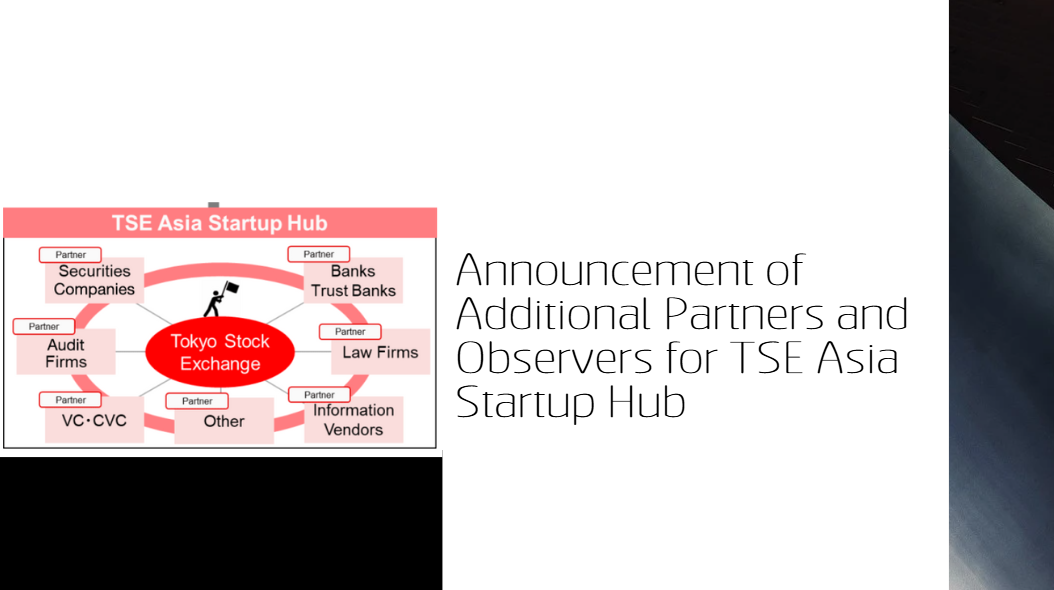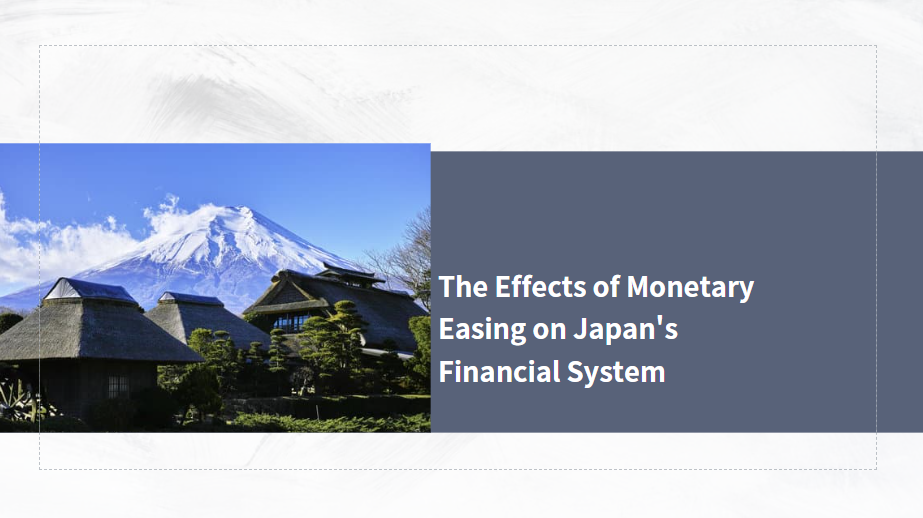Japan's top finance regulator hesitant on crypto ETF approvals
Japan’s top financial regulator, Hideki Ito, has urged "cautious consideration" before deciding whether to approve crypto-linked exchange-traded funds (ETFs), similar to those recently introduced in Hong Kong and the U.S.
In an interview, Ito, who serves as the Commissioner of Japan's Financial Services Agency (FSA), expressed reservations about the long-term benefits of crypto-assets, stating that many people believe these assets "do not necessarily contribute to the wealth creation of the Japanese people in a stable and long-term manner." His comments come at a time when regulators worldwide are showing a more relaxed approach towards ETFs that invest directly in cryptocurrencies such as Bitcoin and Ether.
The U.S. Securities and Exchange Commission (SEC) reluctantly approved the first spot-Bitcoin ETFs in January 2024, following a court ruling in favor of Grayscale Investments. These products have so far attracted net inflows of $19.2 billion. In July 2024, the U.S. also launched its first Ether-linked ETFs. Similar products have been introduced this year in markets such as Hong Kong, Australia, and the United Kingdom. However, Ito pointed out that other nations remain cautious, adopting a more conservative stance on allowing retail investors to engage in crypto investments.
Demand for crypto ETFs has recently declined, in line with a broader downturn in the cryptocurrency markets. Bitcoin dropped as much as 16% earlier this week, falling below $50,000, while Ether saw its value decrease by over 20% at one point. Both cryptocurrencies have since regained some of their lost value.
Ito, who assumed the role of FSA Commissioner in July 2024, has had a long career within Japan’s Ministry of Finance, which he joined in 1988. He has held various positions at both the Ministry and the FSA, including overseeing regional bank supervision. In his current role, he has been pivotal in efforts to mobilize household assets to drive sustainable economic growth. Simultaneously, the FSA has been increasingly focused on ensuring that investment products and services are appropriate for investors, based on their level of knowledge and experience.
The FSA remains open to the potential approval of crypto ETFs but stresses the need for thorough consideration regarding whether the general public should be encouraged to invest in these assets. Ito emphasized that while the agency supports technological advancement, it also has a responsibility to protect investors from potential risks.
Japan’s crypto sector has had its share of challenges. Customers of Tokyo-based exchange Mt. Gox, once a leading platform in the industry, are only now beginning to recover tokens lost in a significant hack that occurred over a decade ago. More recently, in June 2024, DMM Bitcoin suffered a $301 million loss in what has been identified by Chainalysis as the seventh-largest crypto hack on record.























































First, please LoginComment After ~